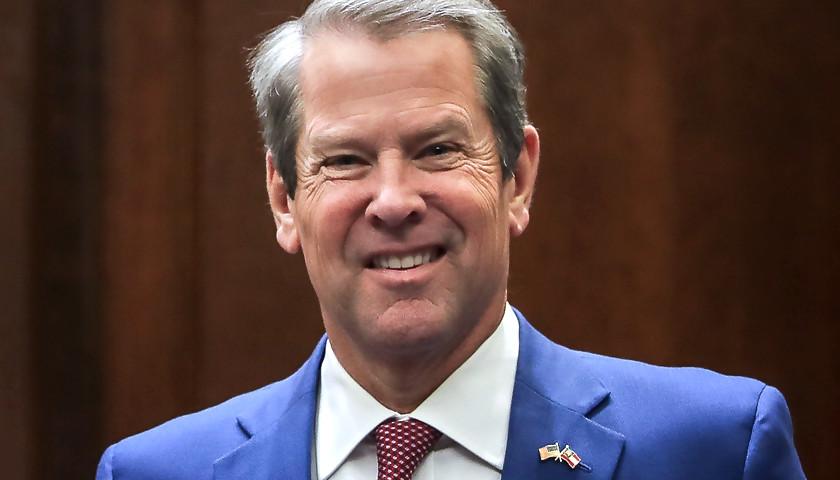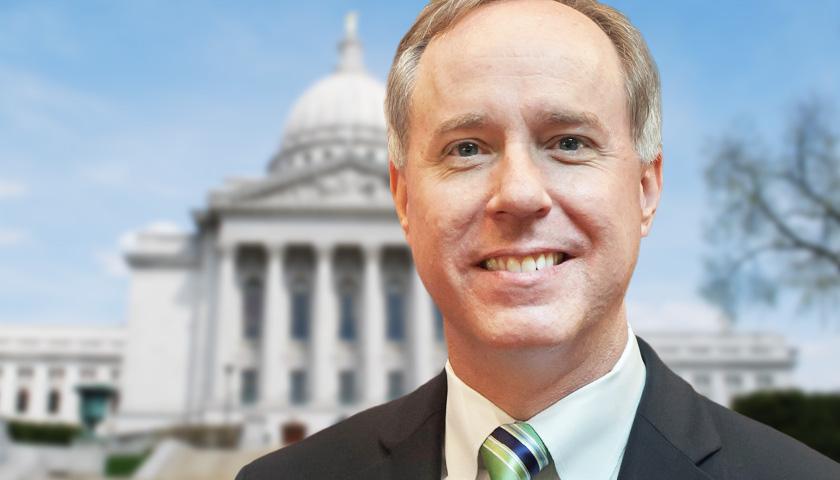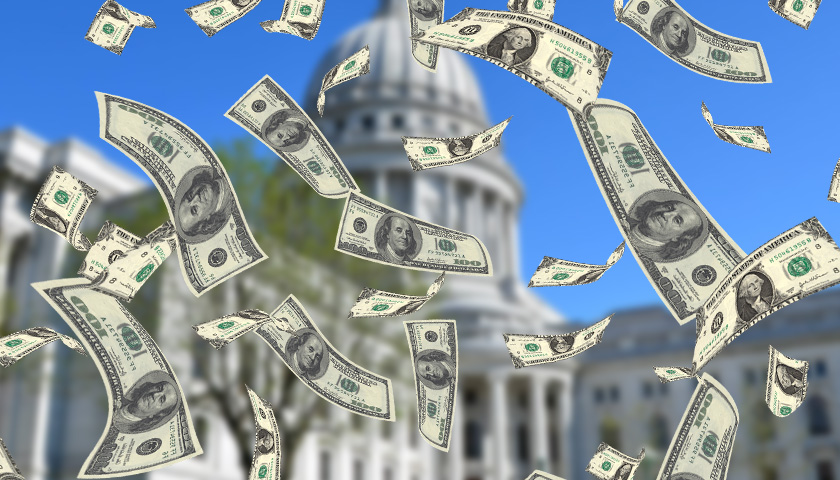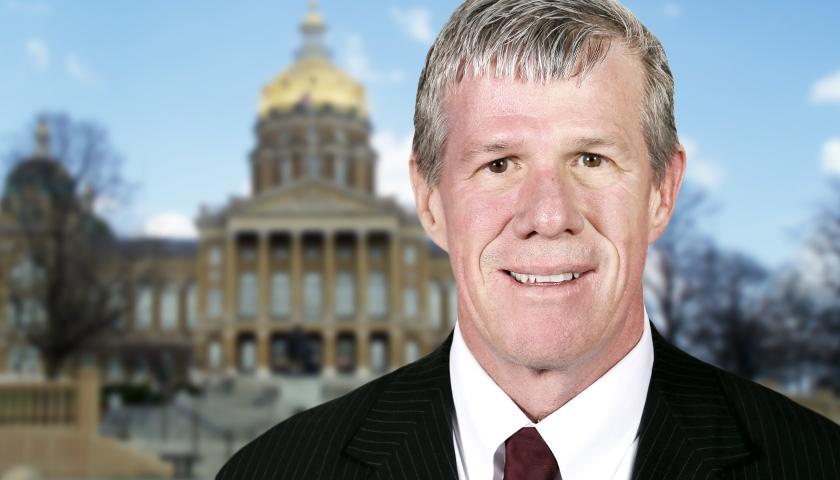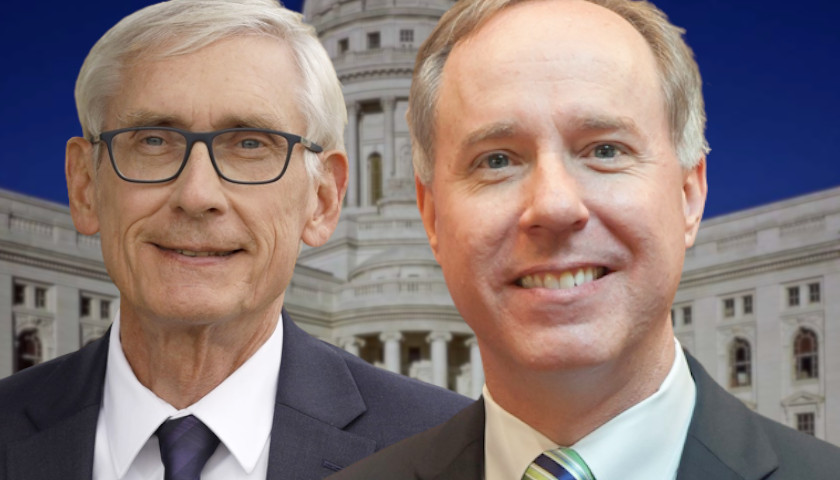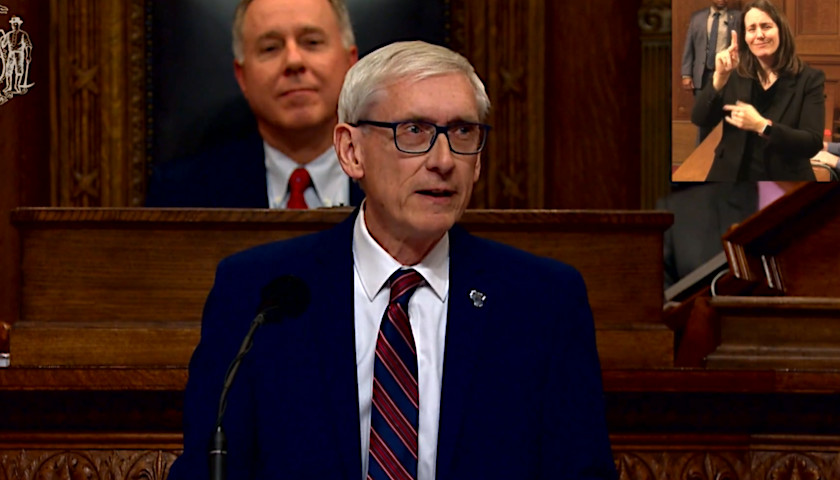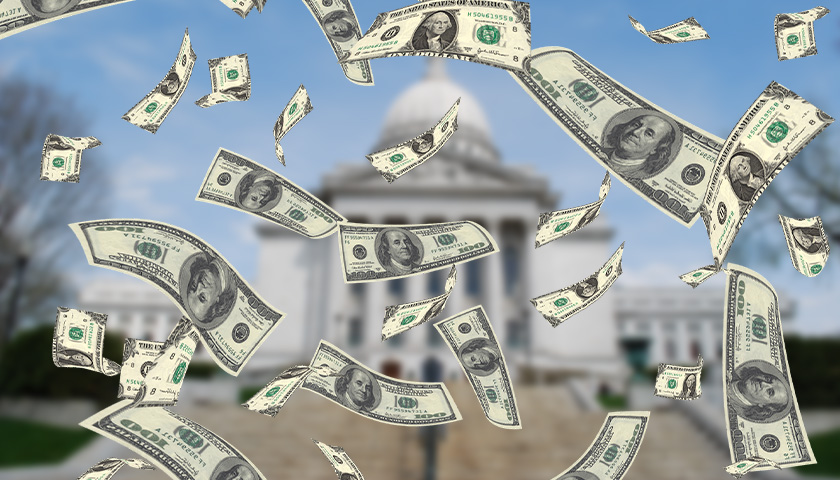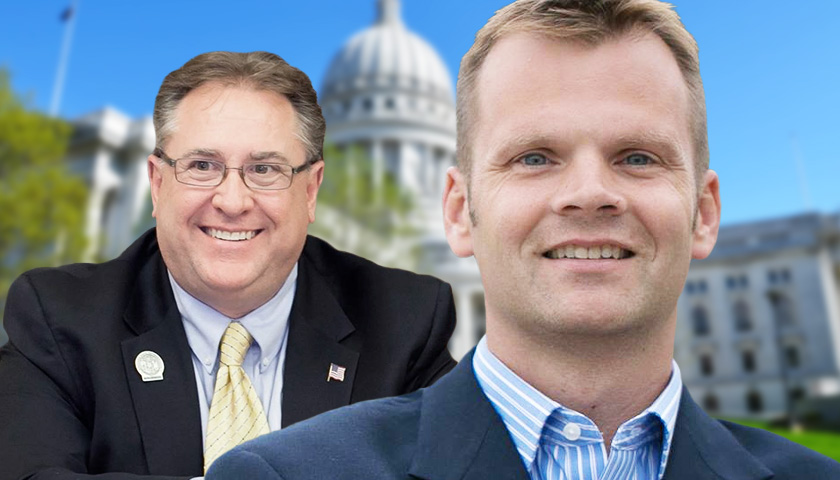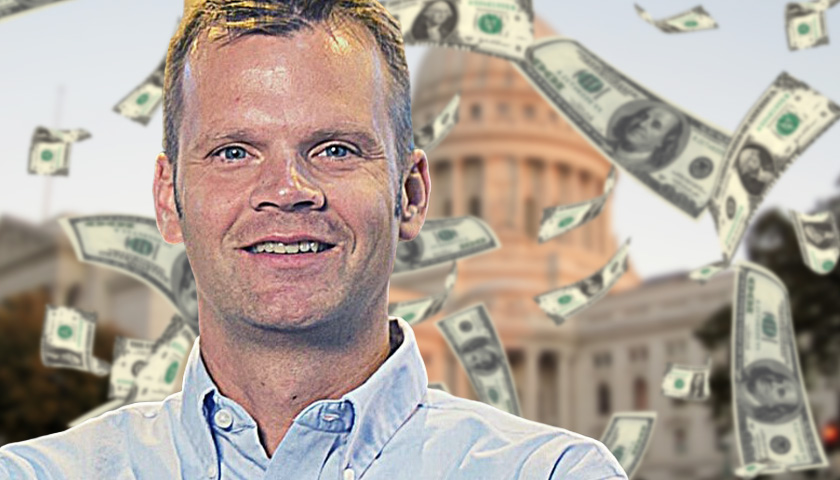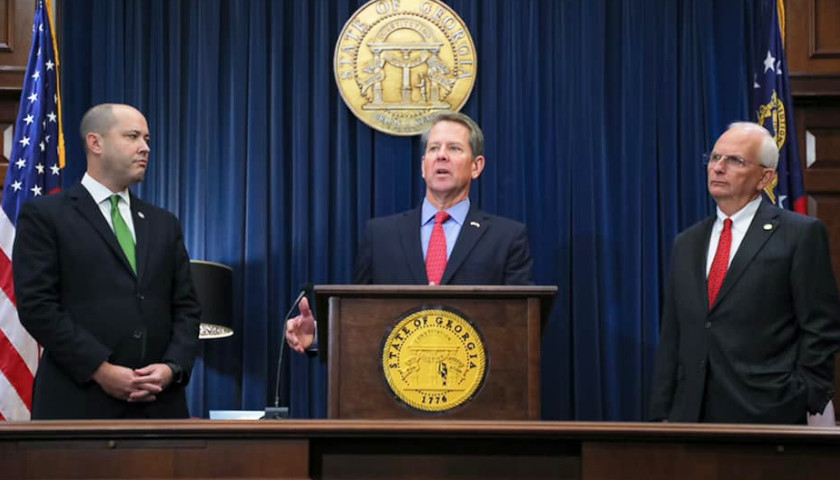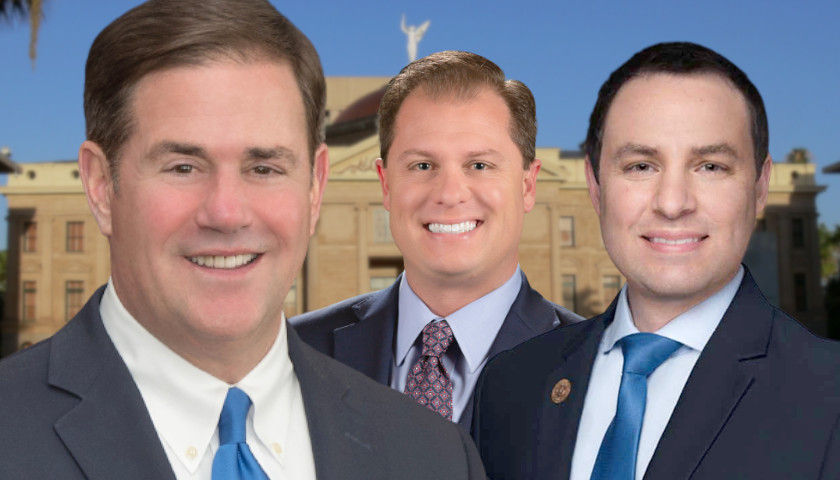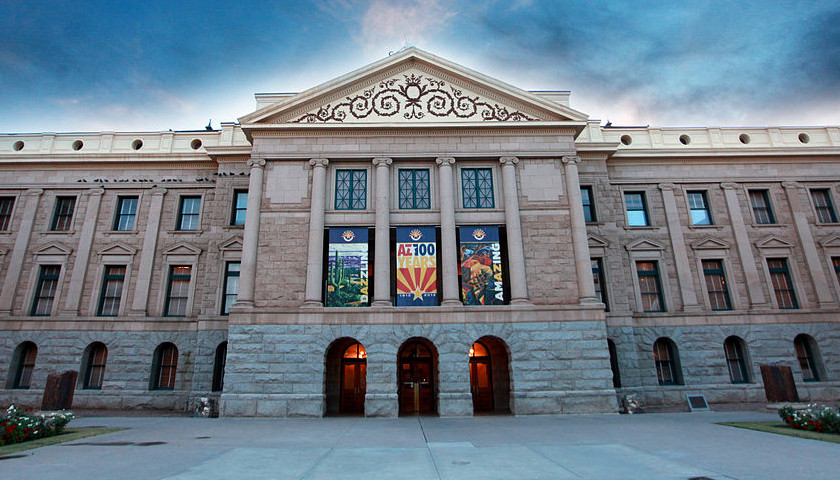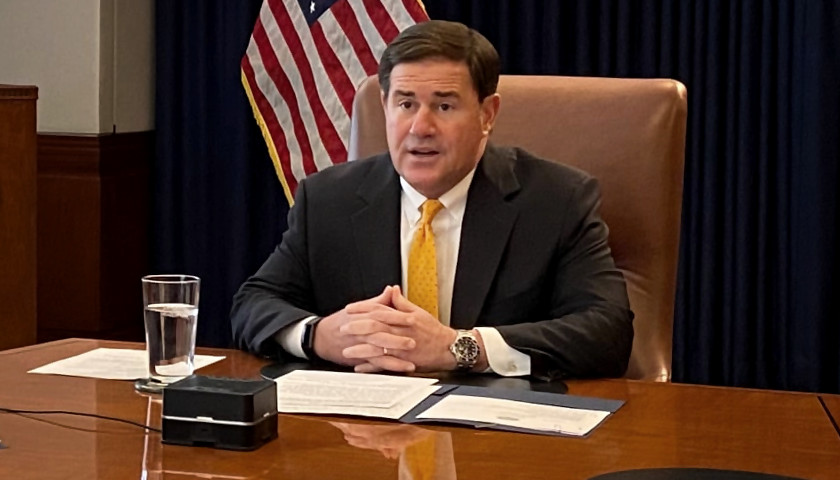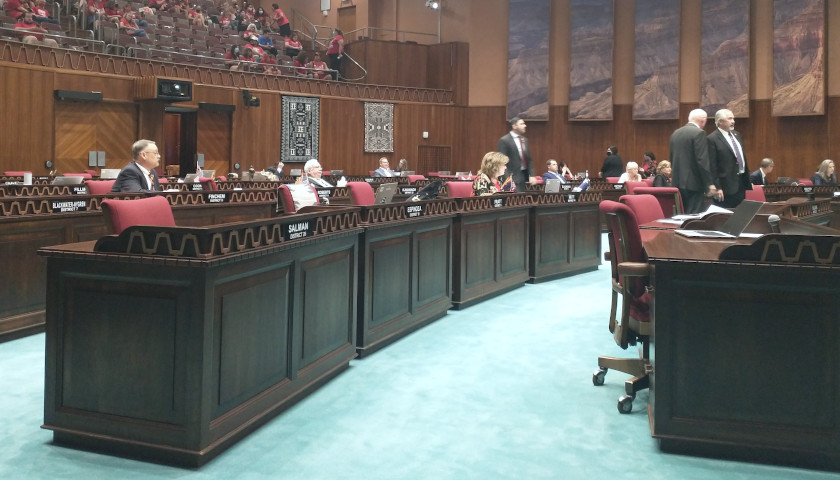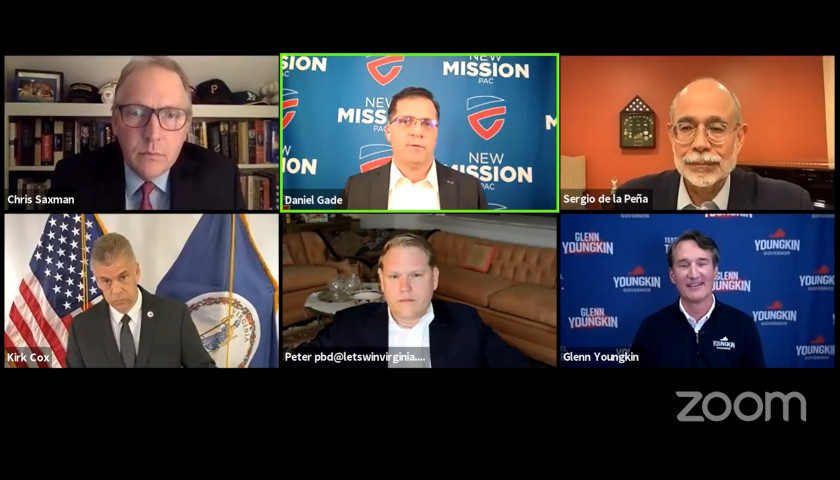Governor Brian Kemp (R) pitched new legislation on Monday that he said will “accelerate” Georgia’s new income tax cuts. Beginning in 2024, the Kemp’s plan would steadily increase income taxes annually until the tax rate falls to 4.99 percent.
Kemp announced the move to expand on HB 1437, which established a flat income tax in Georgia by which all income earners are taxed equally at 5.49 percent. While HB 1437 called for the tax rate to eventually decrease to 4.99 percent, Kemp said in a Monday statement that his changes to the law will mean Georgians pay less taxes sooner.
Read the full story
